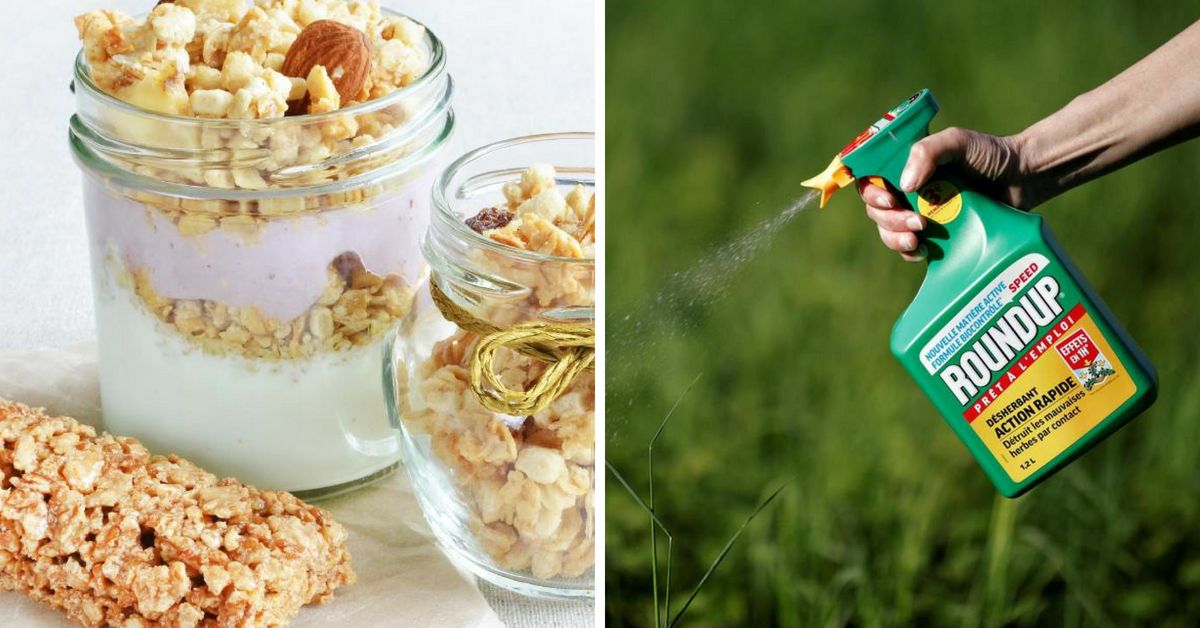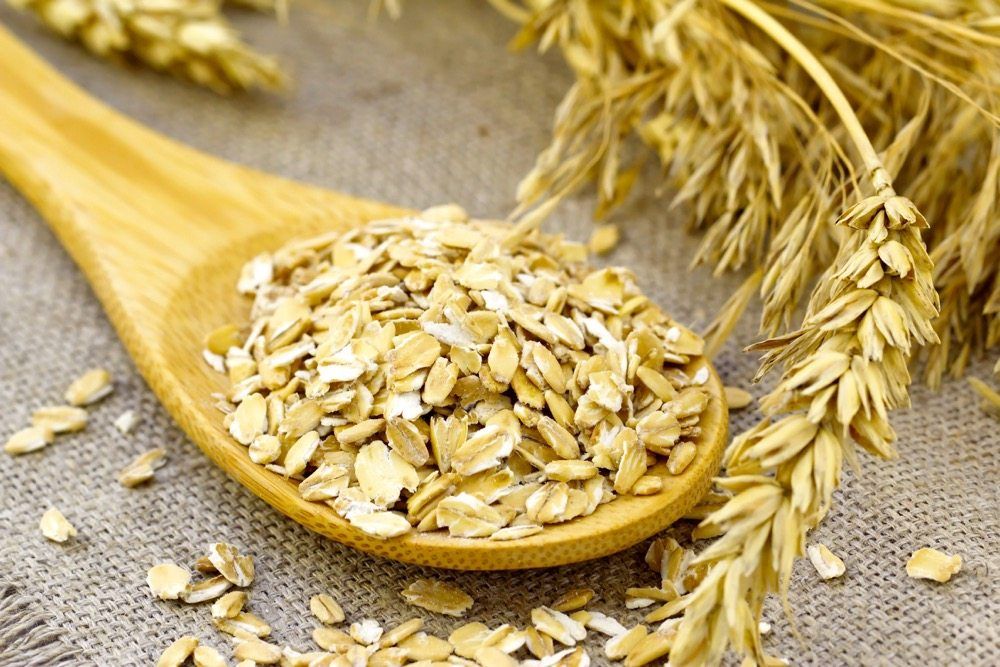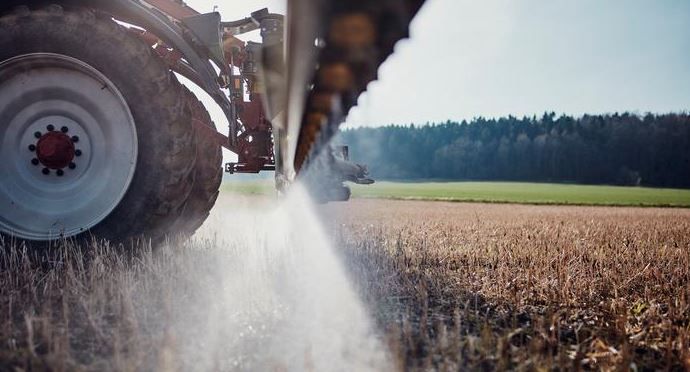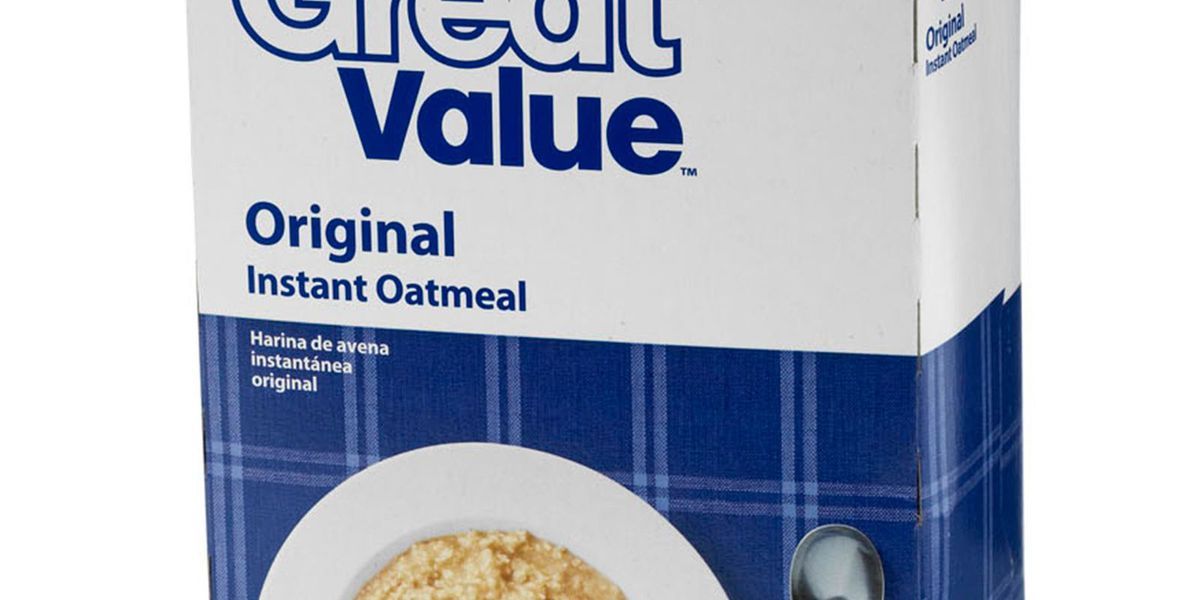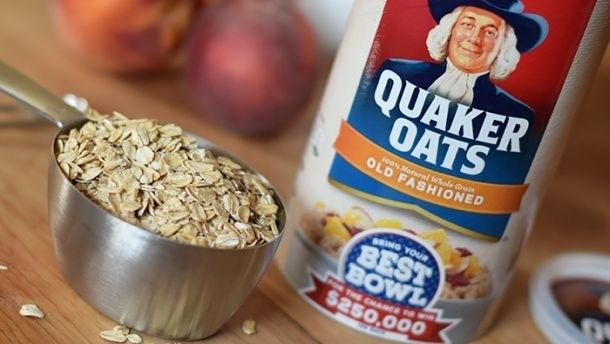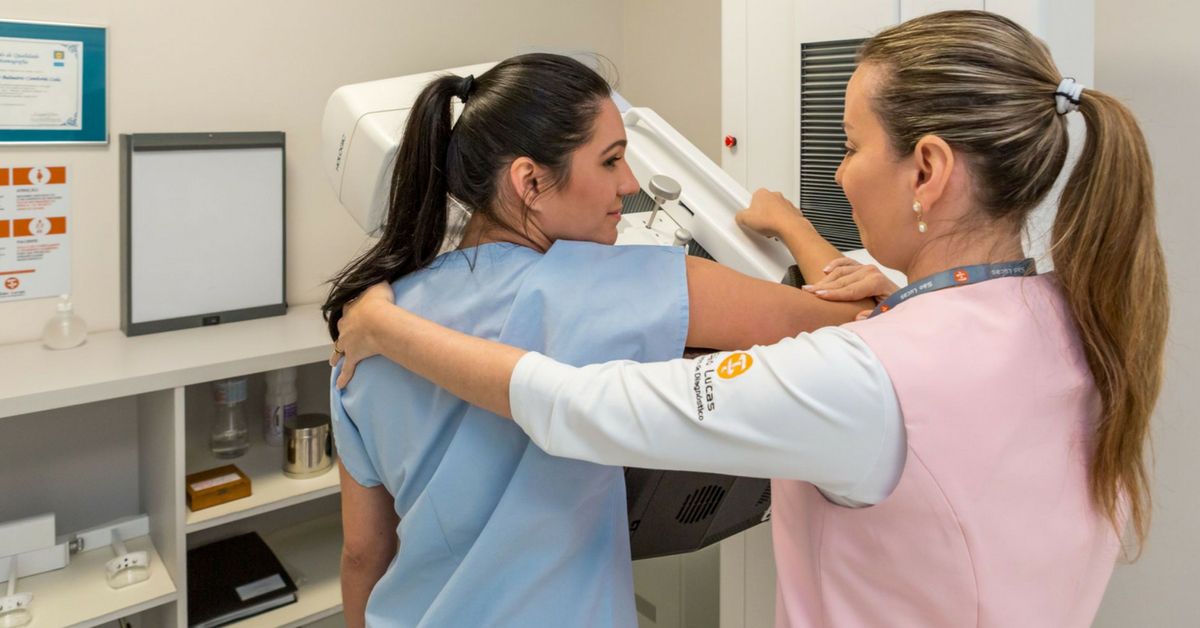In my opinion, oats are a superfood.
They're incredibly nutritious, filled with antioxidants and fiber, and have been found to lower cholesterol and improve blood sugar levels.
If you're a health nut like me, the foods you eat and the effect it has on your health is very important to you.
Unfortunately, we have no idea if a product needs to be recalled or is unsafe for consumption if we're not informed.
It seems like the past few months there has been a lot of recall announcements.
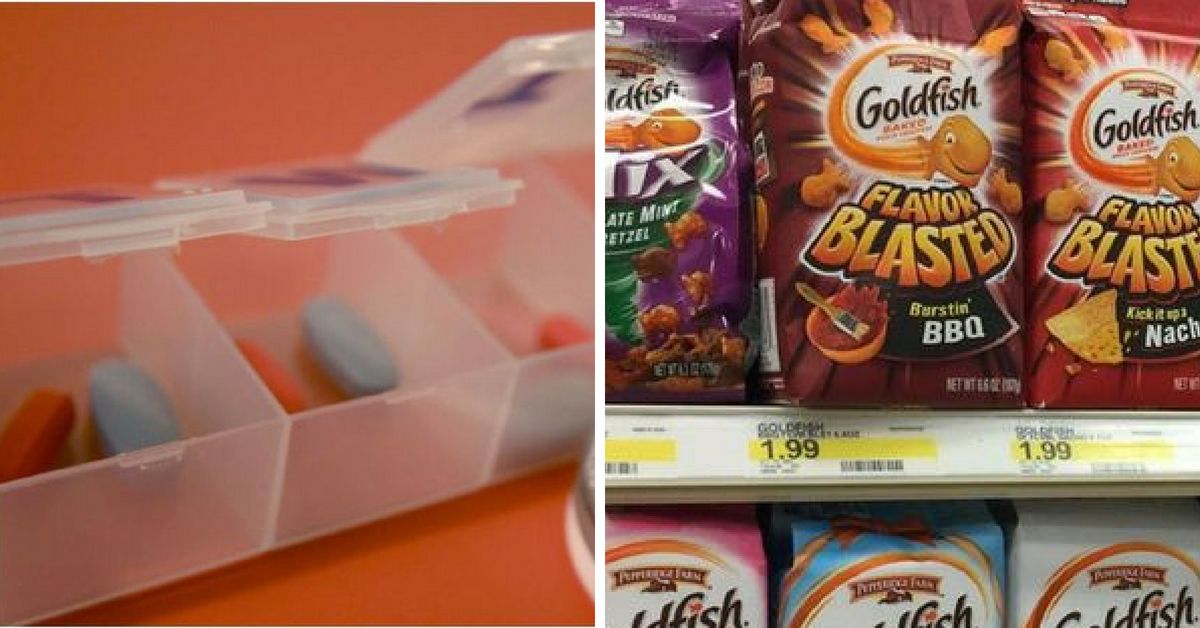
For example, the FDA announced that Major Pharmaceuticals, Solco Healthcare, and Teva Pharmaceutical Industries Inc. recalled their pills for heart failure and high blood pressure after finding a defect known to cause cancer.
Kellogg's made an urgent nationwide recall for their Honey Smacks Cereal, after claiming they had a major Salmonella outbreak.
Not too long after, Ritz Crackers and Goldfish crackers were also taken off the shelves over Salmonella concerns.
Now there's another popular food product that people need to be concerned about, according to a new report released by the Environmental Working Group.
According to this new report, some types of oat cereals, oatmeal, granola, and snack bars contain unsafe levels of a weed killer chemical.
Independent laboratory tests claim that glyphosate, which is also an active ingredient in Roundup, the Monsanto weed killer that is the most heavily used pesticide in the U.S., is present in many oat products.
"Glyphosate, a herbicide linked to cancer by California state scientists and the World Health Organization, was found in all but two of 45 samples of products made with conventionally grown oats," the report states.
They report adds that three-fourths of those samples had unsafe glyphosate levels.
According to the Environmental Working Group (EWG), internal emails revealed that the FDA has been testing glyphosate levels for years and has found "a fair amount," but they have not officially released their findings.
There are two sides to this debate...
Earlier this week, Monsanto lost a $289 million lawsuit after a school groundskeeper claimed his terminal cancer was caused by exposure to large quantities of Roundup and other glyphosate-based weed killers.
Despite this verdict, Monsanto continues to defend their product:
"More than 800 scientific studies, the US EPA, the National Institutes of Health and regulators around the world have concluded that glyphosate is safe for use and does not cause cancer," Monsanto Vice President Scott Partridge said in a statement at the time, according to CNN.
While the World Health Organization classifies glyphosate as "probably carcinogenic to humans," other scientific organizations, such as the US Environmental Protection Agency, state that glyphosate is not harmful in small amounts.
Here are the oat products that the Environmental Working Group deemed to be unsafe (exceeding their 160ppb benchmark):
1) Granola
- Back to Nature Classic Granola
- Quaker Simply Granola Oats, Honey, Raisins & Almonds
- Nature Valley Granola Protein Oats 'n Honey
2) Instant Oats
- Giant Instant Oatmeal, Original Flavor
- Quaker Dinosaur Eggs, Brown Sugar, Instant Oatmeal
- Great Value Original Instant Oatmeal
- Umpqua Oats, Maple Pecan
- Market Pantry Instant Oatmeal, Strawberries & Cream
3) Oat Breakfast Cereal
- Cheerios Toasted Whole Grain Oat Cereal
- Barbara's Multigrain Spoonfuls, Original, Cereal
- Kellogg's Cracklin' Oat Bran oat cereal
4) Snack Bar
- Nature Valley Crunchy Granola Bars, Oats 'n Honey
5) Whole Oats
- Quaker Steel Cut Oats
- Quaker Old Fashioned Oats (contained the highest amount of the chemical, according to the EWG)
- Bob's Red Mill Steel Cut Oats
The highest levels of glyphosate were detected in two samples of Quaker Old Fashioned Oats, and the company was quick to defend themselves in a statement.
"Quaker does not add glyphosate during any part of the milling process. Glyphosate is commonly used by farmers across the industry who apply it pre-harvest. Once the oats are transported to us, we put them through our rigorous process that thoroughly cleanses them (de-hulled, cleaned, roasted and flaked). Any levels of glyphosate that may remain are significantly below any limits and well within compliance of the safety standards set by the Environmental Protection Agency (EPA) and the European Commission as safe for human consumption."
As for organic oat products, the advocacy group sampled 16 products, finding only five containing glyphosate.
That being said, there was not enough of the chemical in the organic oat products for the EWG to deem a major health risk.
For more information on the environmental report, click here.
Does this news change the way you see oat products?
[H/T: CNN]
